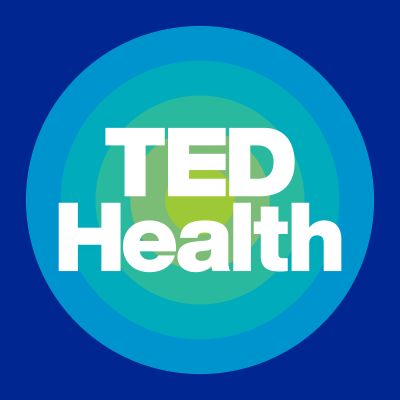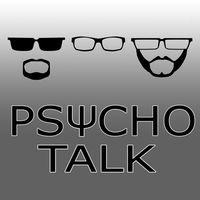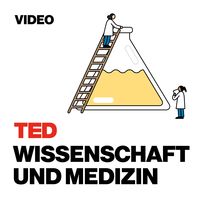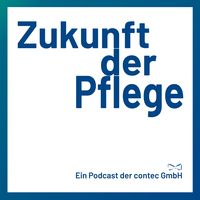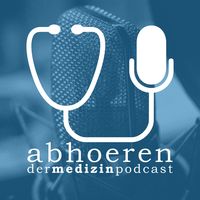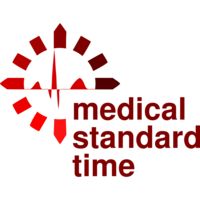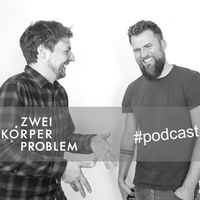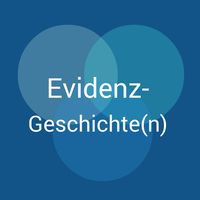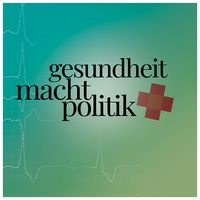What does exercise do to your brain? Can psychedelics treat depression? From smart daily habits to new medical breakthroughs, welcome to TED Health, with host Dr. Shoshana Ungerleider. TED speakers answer questions you never even knew you had, and share ideas you won't hear anywhere else, all around how we can live healthier lives.
https://play.prx.org/listen?uf=http%3A%2F%2Ffeeds.feedburner.com%2FiTunesPodcastTTHealth
Gesamtlänge aller Episoden: 3 days 17 hours 36 minutes
recommended podcasts
How your brain's executive function works -- and how to improve it | Sabine Doebel
You use your brain's executive function every day -- it's how you do things like pay attention, plan ahead and control impulses. Can you improve it to change for the better? With highlights from her research on child development, cognitive scientist Sabin
The surprising connection between brain injuries and crime | Kim Gorgens
Here's a shocking statistic: 50 to 80 percent of people in the criminal justice system in the US have had a traumatic brain injury. In the general public, that number is less than five percent. Neuropsychologist Kim Gorgens shares her research into the co
An AI smartwatch that detects seizures | Rosalind Picard
Every year worldwide, more than 50,000 otherwise healthy people with epilepsy suddenly die -- a condition known as SUDEP. These deaths may be largely preventable, says AI researcher Rosalind Picard. Learn how Picard helped develop a cutting-edge smartwatc
A new class of drug that could prevent depression and PTSD | Rebecca Brachman
Current treatments for depression and PTSD only suppress symptoms, if they work at all. What if we could prevent these diseases from developing altogether? Neuroscientist and TED Fellow Rebecca Brachman shares the story of her team's accidental discovery
The "dementia village" that's redefining elder care | Yvonne van Amerongen
How would you prefer to spend the last years of your life: in a sterile, hospital-like institution or in a village with a supermarket, pub, theater and park within easy walking distance? The answer seems obvious now, but when Yvonne van Amerongen helped d
What if all US health care costs were transparent? | Jeanne Pinder
In the US, the very same blood test can cost $19 at one clinic and $522 at another clinic just blocks away -- and nobody knows the difference until they get a bill weeks later. Journalist Jeanne Pinder says it doesn't have to be this way. She's built a pl
How doctors can help low-income patients (and still make a profit) | P.J. Parmar
Modern American health care is defined by its high costs, high overhead and inaccessibility -- especially for low-income patients. What if we could redesign the system to serve the poor and still have doctors make money? In an eye-opening (and surprisingl
Why noise is bad for your health -- and what you can do about it | Mathias Basner
Silence is a rare commodity these days. There's traffic, construction, air-conditioning, your neighbor's lawnmower ... and all this unwanted sound can have a surprising impact on your health, says noise researcher Mathias Basner. Discover the science behi
What your breath could reveal about your health | Julian Burschka
There's no better way to stop a disease than to catch and treat it early, before symptoms occur. That's the whole point of medical screening techniques like radiography, MRIs and blood tests. But there's one medium with overlooked potential for medical an
A life-saving device that detects silent heart attacks | Akash Manoj
You probably know the common symptoms of a heart attack: chest and arm pain, shortness of breath and fatigue. But there's another kind that's just as deadly and harder to detect because the symptoms are silent. In this quick talk, 17-year-old inventor Aka
